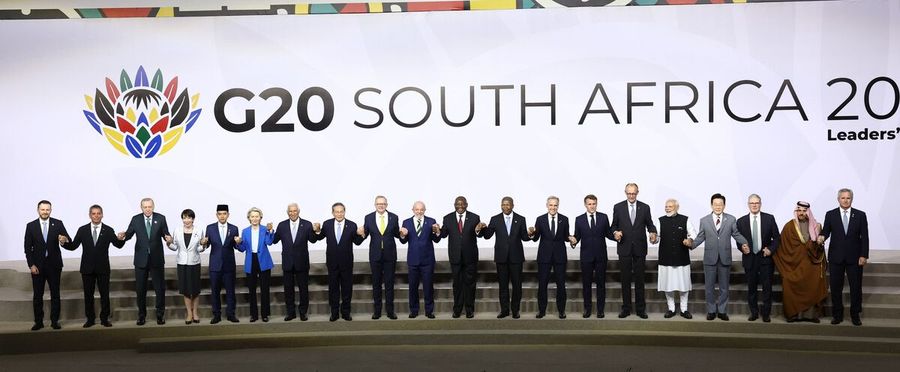In an unusual move, the leaders of the G20 adopted a political declaration without the participation of the United States. This decision marks a significant break from the norm in international politics, raising questions about the role and influence of the United States within the global group. Speculations are rife regarding the possible implications and motivations behind this development. Details about the specific contents of the declaration are yet to be released.
In Japan, the G20 summit is seen as an essential event for international cooperation and policy coordination. Given that Japan is an active player in international politics and values cooperative global leadership, the exclusion of the United States from this declaration is met with surprise. Japanese media and public are closely following this development, considering its potential influence on international relations and possible ripple effects on Japan's economy and security.
In the United States and European Union, such an international political development would likely spark heated debates. The symbolic value of the United States being left out of a G20 declaration could be interpreted as a decrease in their influence in global decision-making. This could potentially impact the United States' relationships with its allies, questioning its tactical role in similar future scenarios in both the EU and U.S.

